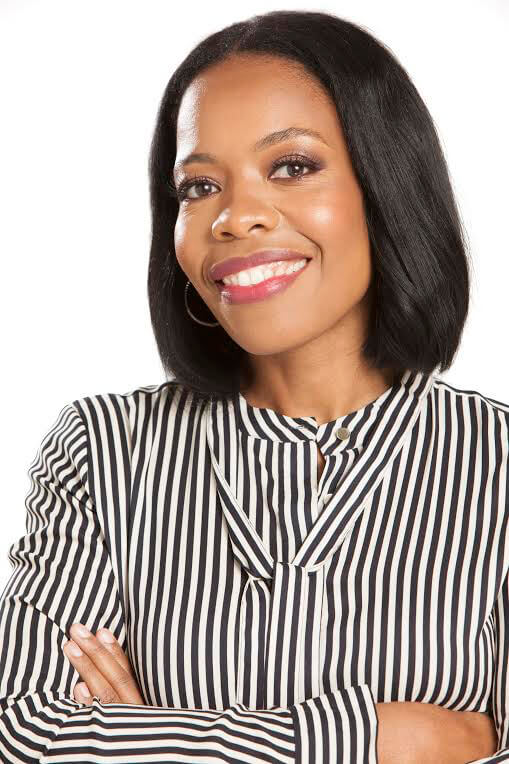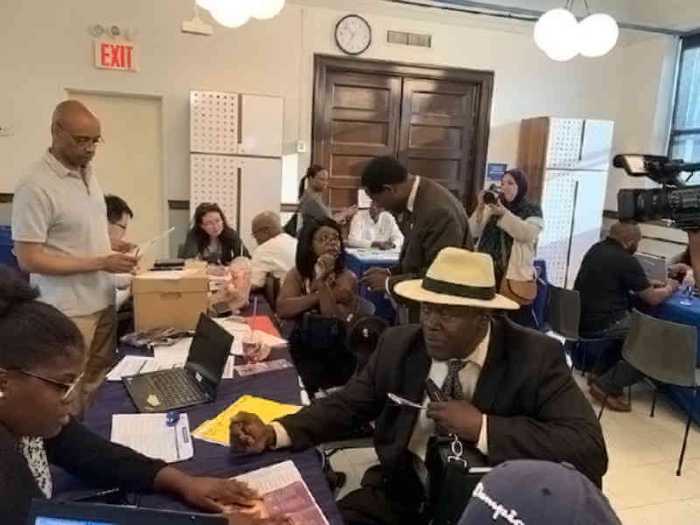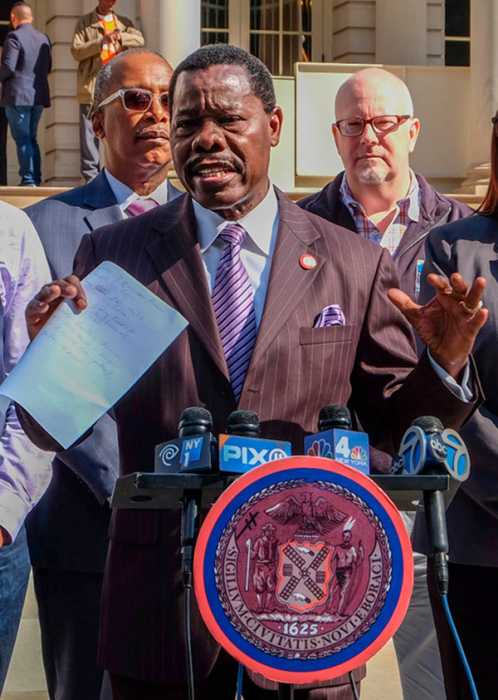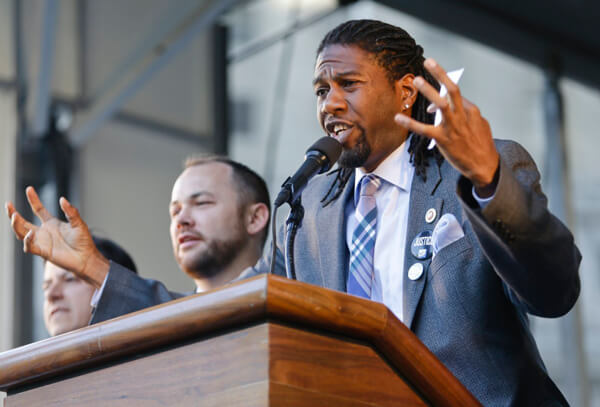Manhattan Borough President, Mark Levine and Brooklyn Council Member, Rita Joseph on Monday announced the introduction of legislation aimed at combating New York City’s notorious lack of public bathrooms.
Joseph, the Haitian-born representative for the 40th Council District in Brooklyn, said this legislation would be “an important step towards ensuring all New Yorkers have access to public restrooms by requiring the City to publish a report on feasible locations to install a public bathroom in every ZIP code across the five boroughs.
“Public restrooms will help people take care of their fundamental needs with dignity while simultaneously keeping our public spaces sanitary,” Joseph said. “It’s absolutely crucial that all neighborhoods across our city have public restrooms so that New York City can catch up to its peers.
“I thank Borough President Levine for his partnership as we work to ensure that our city is as clean, equitable, and healthy as possible,” she added.
Levin said the city’s “lack of public restrooms is an issue of equity, public health, sanitation and basic human rights.
“It’s beyond time for the city to catch up to other modern cities and take steps to ensure that all New Yorkers and tourists have a place to go when nature calls,” he added.
The legislators said New York City ranks 93rd out of the 100 largest US cities in the number of public bathrooms per capita.
They said the city’s lack of available, accessible and clean public bathrooms “disproportionately harms New Yorkers who are unhoused, elderly, disabled, pregnant, menstruating or have other medical conditions.”
Joseph and Levin also said that the lack of bathroom “alarmingly contributes to the spread of contagious diseases, including COVID-19 and Hepatitis A.”
Public restrooms in New York City are managed by a patchwork of NYC Parks, NYC DOT, the MTA, BIDs, and private property owners.
Many of these bathrooms are closed indefinitely or are inaccessible, Joseph and Levin said.
Pre-pandemic, most of these restrooms were only open seasonally, and according to a 2018 survey, only four were open 24/7.
Since the start of the pandemic, all the public bathrooms in the city’s subway stations and a number of those located in recreation centers, park houses, and libraries have closed, Joseph and Levin said.
Of the limited number still open, they said many are inaccessible, unsanitary, and in disrepair.
Joseph and Levin said more than 25 percent of the public restrooms maintained by Parks were in unacceptable condition in nine community districts in 2019.
Further, according to Park’s website, only five of its bathrooms in the Bronx, five in Brooklyn, six in Manhattan, three in Queens, and one in Staten Island are ADA accessible, while 73 percent do not have changing stations for infants and toddlers.
The bill introduced by Levine and Joseph works to address this crisis by requiring the Department of Transportation and the Department of Parks and Recreation to consult with Community Boards and the public about building new bathroom locations.
These agencies must submit a report to the Mayor and Speaker of the City Council no later than Jun. 1, 2023 that identifies at least one location in each ZIP code citywide where it is feasible to install a public bathroom.
The report must also include information about potential budget, technical or safety challenges associated with installing and maintaining public bathroom facilities in the locations identified.


























